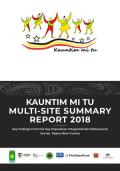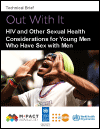Publications on Male Sex Workers (MSW)
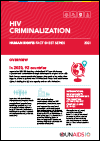
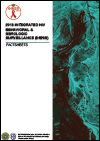
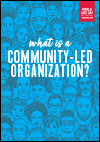
Community-led organizations are led by the people who they serve and are primarily accountable to them. In the AIDS response, this includes organizations by and for people living with HIV or tuberculosis and organizations by and for people affected by HIV, including gay men and other men who have sex with men, people who use drugs, prisoners, sex workers, transgender people, women and young people.
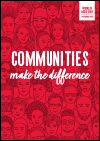
Communities make an invaluable contribution to the AIDS response. Communities of people living with HIV, of key populations—gay men and other men who have sex with men, people who use drugs, sex workers, prisoners, transgender people and prisoners—and of women and young people lead and support the delivery of HIV services, defend human rights, support their peers. Communities are the lifeblood of an effective AIDS response and an important pillar of support.
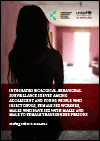
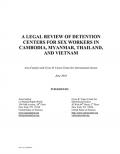
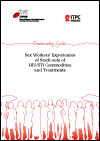
Sex workers experienced stock-outs of antiretroviral drugs for HIV in more than half of the countries that responded to the consultation, in all types of health care settings. Sex workers experience forced treatment interruptions and involuntary medication changes due to stock-outs, and are forced to travel long distances to access commodities and treatments due to stock-outs in their local areas. This ultimately leads to a lack of trust in health services and systems.
